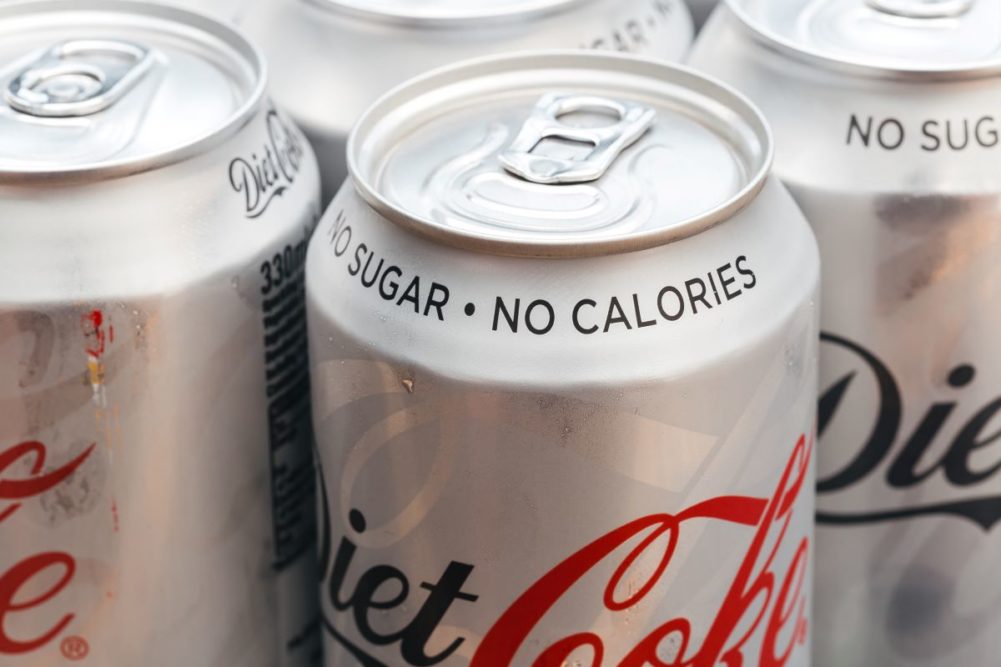GEELONG, AUSTRALIA — Per-capita volumes of non-nutritive sweeteners increased 36% globally in beverage sales from 2007-19, but packaged food sales saw a 9% increase in added sugars, according to researchers at Deakin University in Geelong. The study was published online July 28 by the Cambridge University Press and is scheduled for publication in Public Health Nutrition.
The study also found added sugars from beverage sales decreased 12% globally. The decrease was 22% in high-income countries. Added sugar increases came in upper-middle-income countries at 13% and in lower middle-income countries at 40%.
The Dietary Guidelines for Americans recommends added sugars make up less than 10% of daily calories. Added sugar consumption contributes on average 11% to 17% of caloric intake in European children, 7% to 11% in European adults, and 8% to 20% across the US population.
The researchers used Euromonitor sales data. The Australian Government Research Training Scholarship funded the study, which defined added sugars as monosaccharides and disaccharides added to foods during processing and preparation. Sugar alcohols/polyols and other novel low-calorie sweeteners were included in the non-nutritive sweetener category because of their negligible contribution to caloric intake.
Among non-nutritive sweeteners, sorbitol had the highest global sales. Stevia had the highest rates of growth in all regions that had available data on stevia.
“The per-capita quantity of NNS (non-nutritive sweeteners) sold in beverages is increasing globally, particularly for carbonates and bottled water, though has remained stable for food,” the researchers concluded. “This increase is predominantly related to increasing sales of the natural sweetener stevia and is significantly correlated with the presence of advertising restrictions for unhealthy food, food standards in public institutions, and policy actions to increase the availability of health food.”
The study covered 39 high-income countries, 24 upper-middle-income countries and 16 lower-middle-income countries
In beverages, North America had the highest increase in non-nutritive sweeteners at 119%. Increases came in all regions except for the Middle East, North Africa and Sub-Saharan Africa.
“Per-capita quantities of NNS sold in beverages are increasing globally, particularly in carbonates,” the researchers said. “This likely reflects that most implemented policy actions to reduce added sugar consumption have been SSB (sugar-sweetened beverage) taxes, which in part aim to incentivize manufacturers to reformulate their products.”
In packaged foods, a small decrease in per-capita quantities of added sugars came in North America. Per-capita quantities increased in Europe, Asia-Pacific, the Middle East and North Africa.




